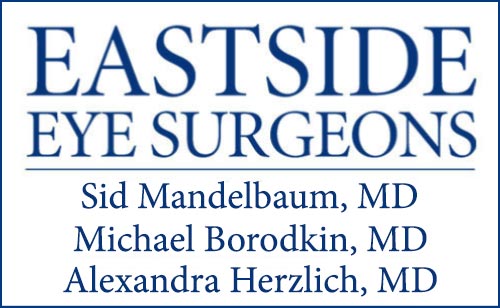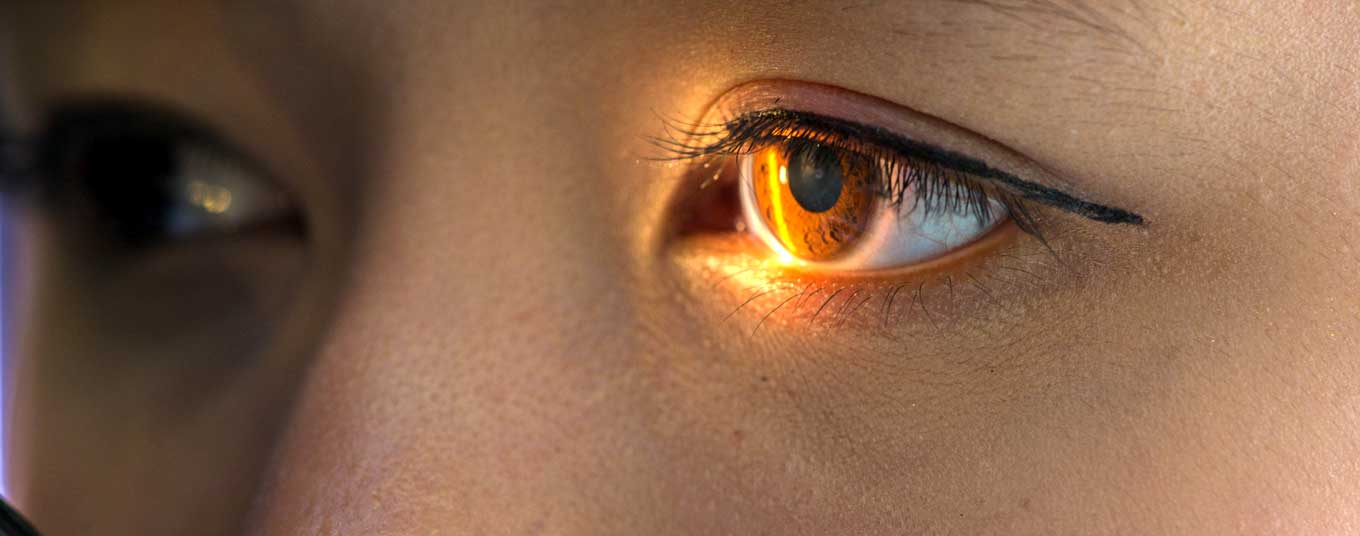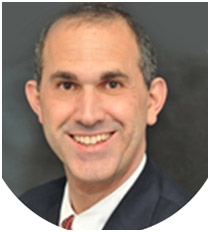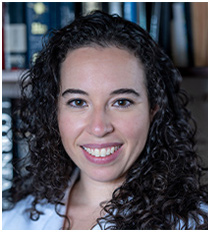Hope for People With Macular Degeneration
Macular degeneration, also called age-related macular degeneration (ARMD) or AMD, is a deterioration of the small central area of the retina, the macula that controls visual acuity. Your macular health determines your ability to read, watch TV, recognize faces, drive, use a computer and perform other tasks that require you to see fine detail.
Macular degeneration is the leading cause of vision loss among older Americans. As the population ages, the number of people affected by AMD is expected to increase significantly, doubling by the year 2050.
There are two main types of macular degeneration. It is either dry (non-neovascular) or wet (neovascular). Neovascular means new blood vessels have grown in the macula where they don’t belong. As the diseases progresses, normal vision gives way to central blind spots because macular degeneration mainly affects central vision. The dry form is more common, representing 85% to 90% of AMD patients diagnosed. But it’s the wet form that usually leads to serious vision loss.
Treatment for Macular Degeneration
There is no cure for age-related macular degeneration. Some treatments may delay progression of the disease or even improve vision. Treatment depends on whether the disease is in its early-stage, dry form or in the more advanced, wet form. There are currently no FDA-approved treatments for dry macular degeneration. We may suggest nutritional intervention to help prevent progression to the wet form.
Treatments for wet AMD include FDA-approved drugs called Lucentis, Eylea, Macugen and Visudyne, used with photodynamic therapy, or PDT. Lucentis has been shown to improve vision for a significant number of people. In addition, some research studies reveal positive associations between good nutrition and reducing your risk of AMD. A diet rich in salmon and other coldwater fishes with high amounts of omega-3 fatty acids may prevent AMD or reduce its progression. Supplements containing lutein and zeaxanthin increase pigment density in the macula, which is associated with protecting the eyes from AMD. Your Eastside Eye Surgeons ophthalmologist will help you determine which treatment is most appropriate for your eye condition.
Discover experienced eye care by calling 212-650-0400 or using our convenient Request an Appointment form. Patients come to us from Scarsdale, Chappaqua and Manhattan, New York, Newark, New Jersey, Greenwich, Connecticut and close-by communities.








